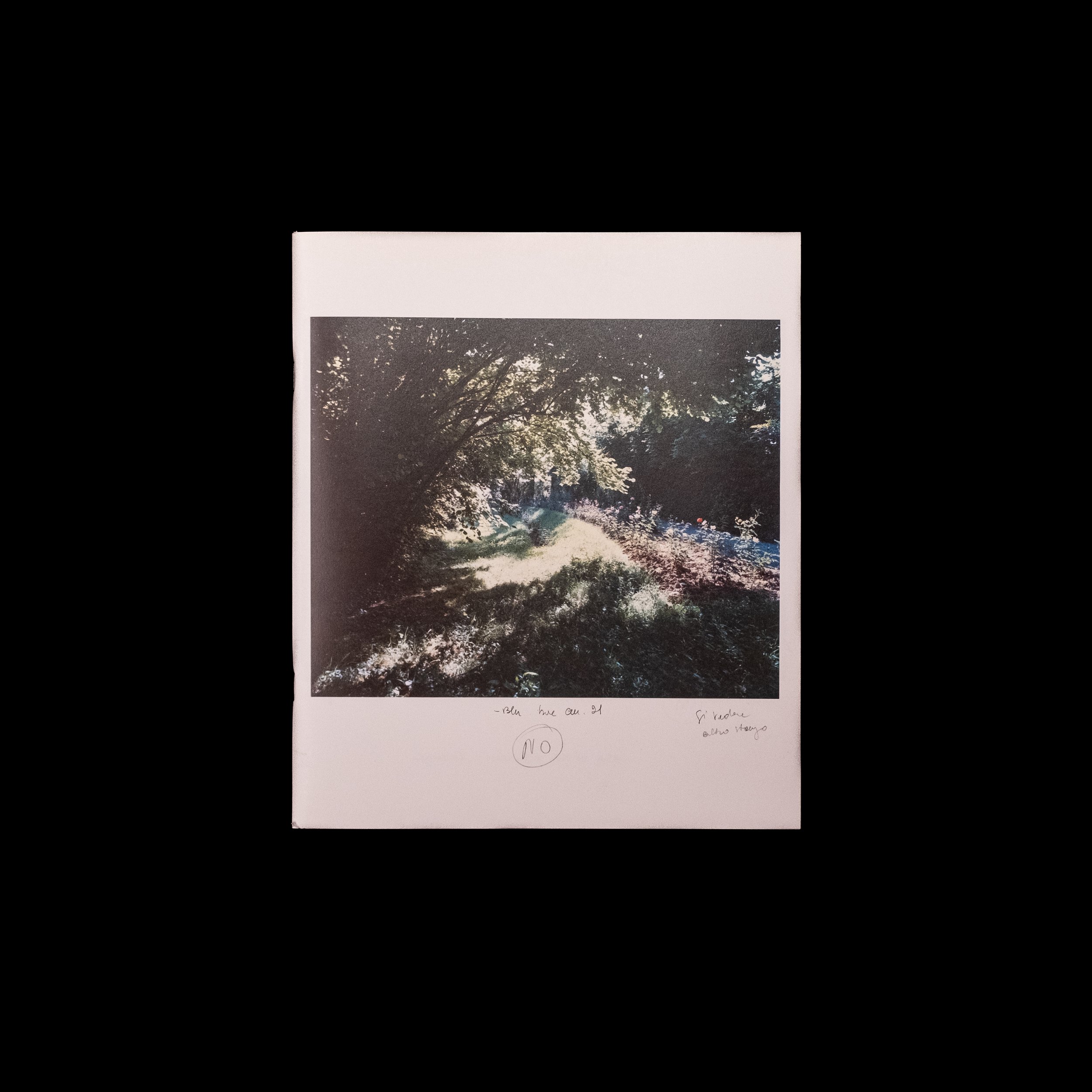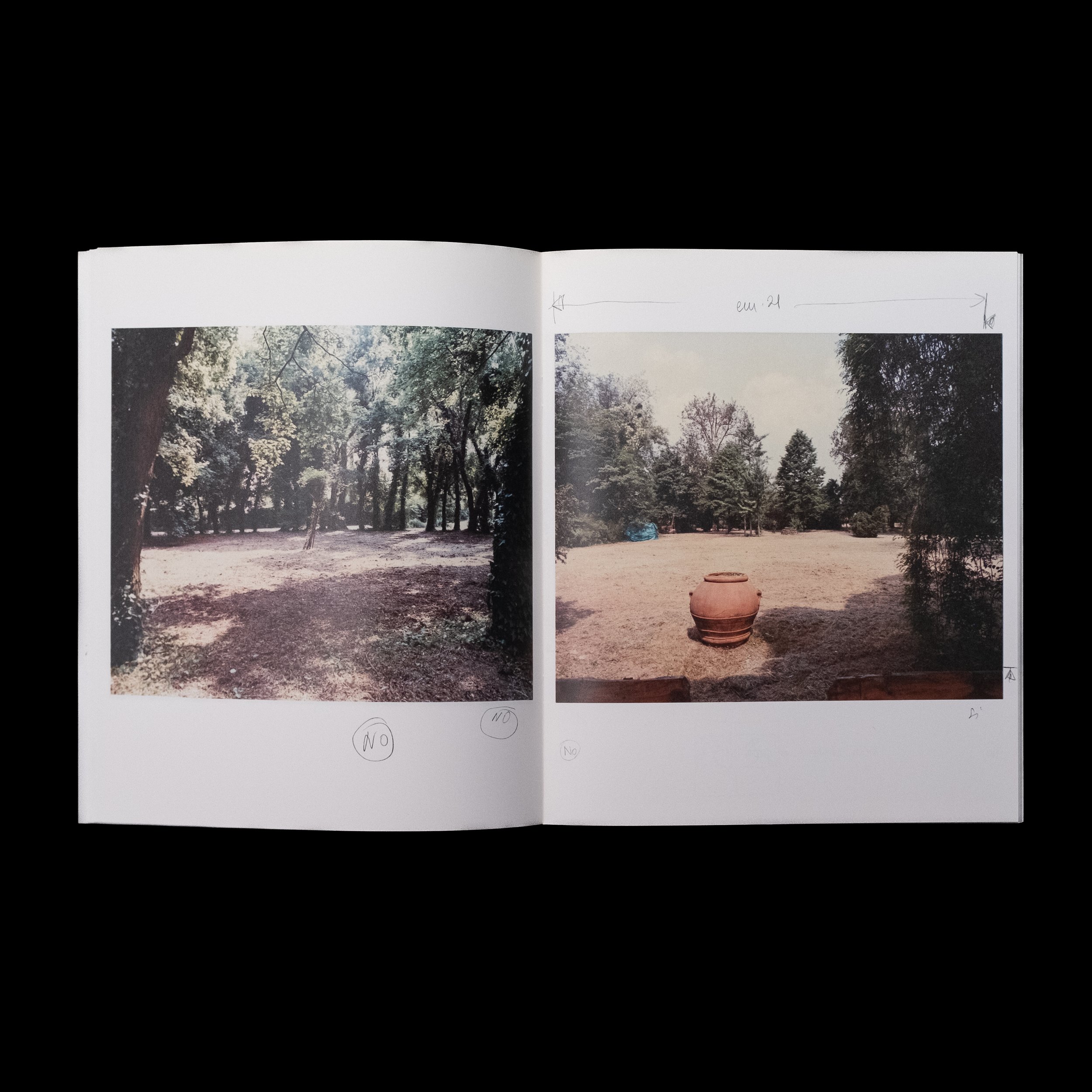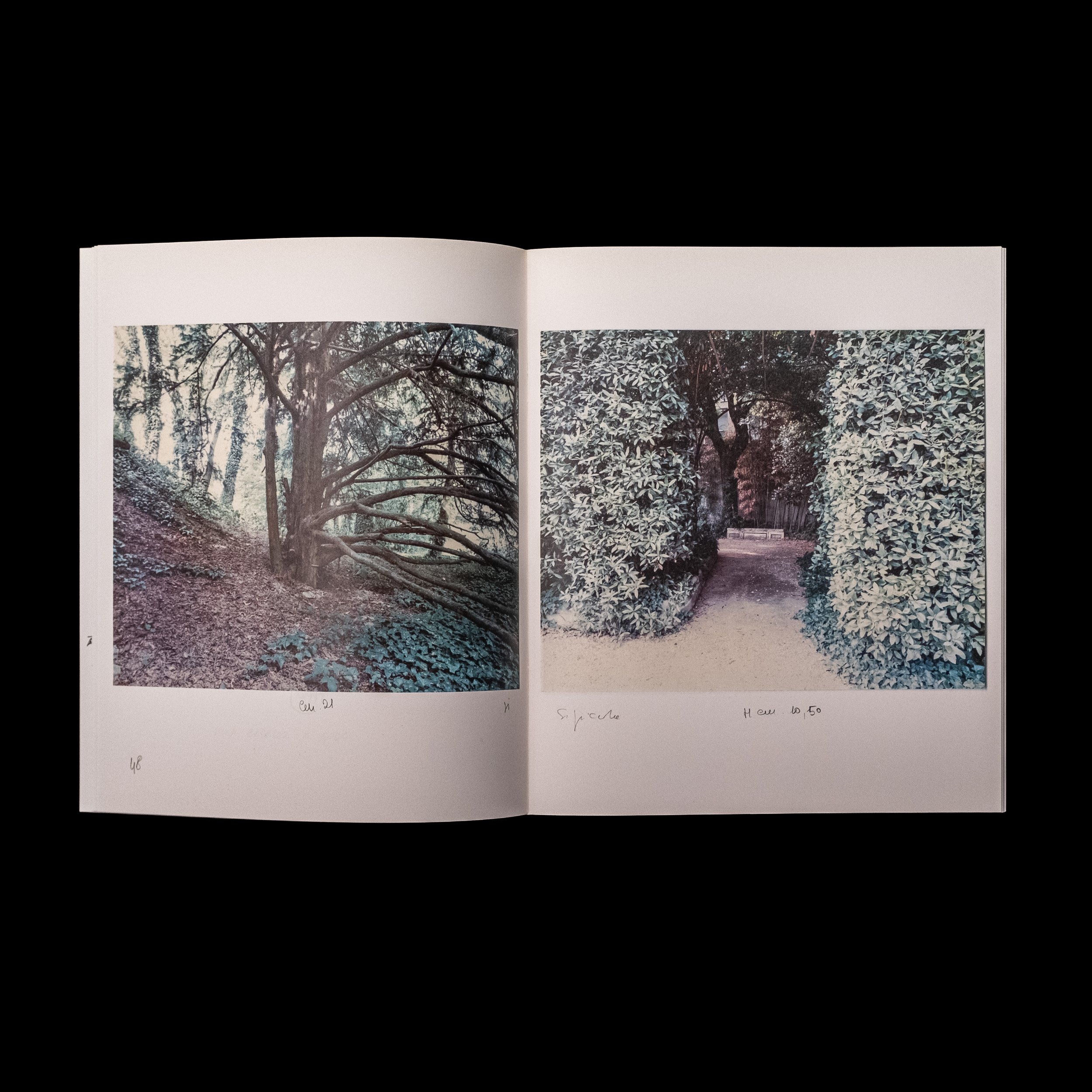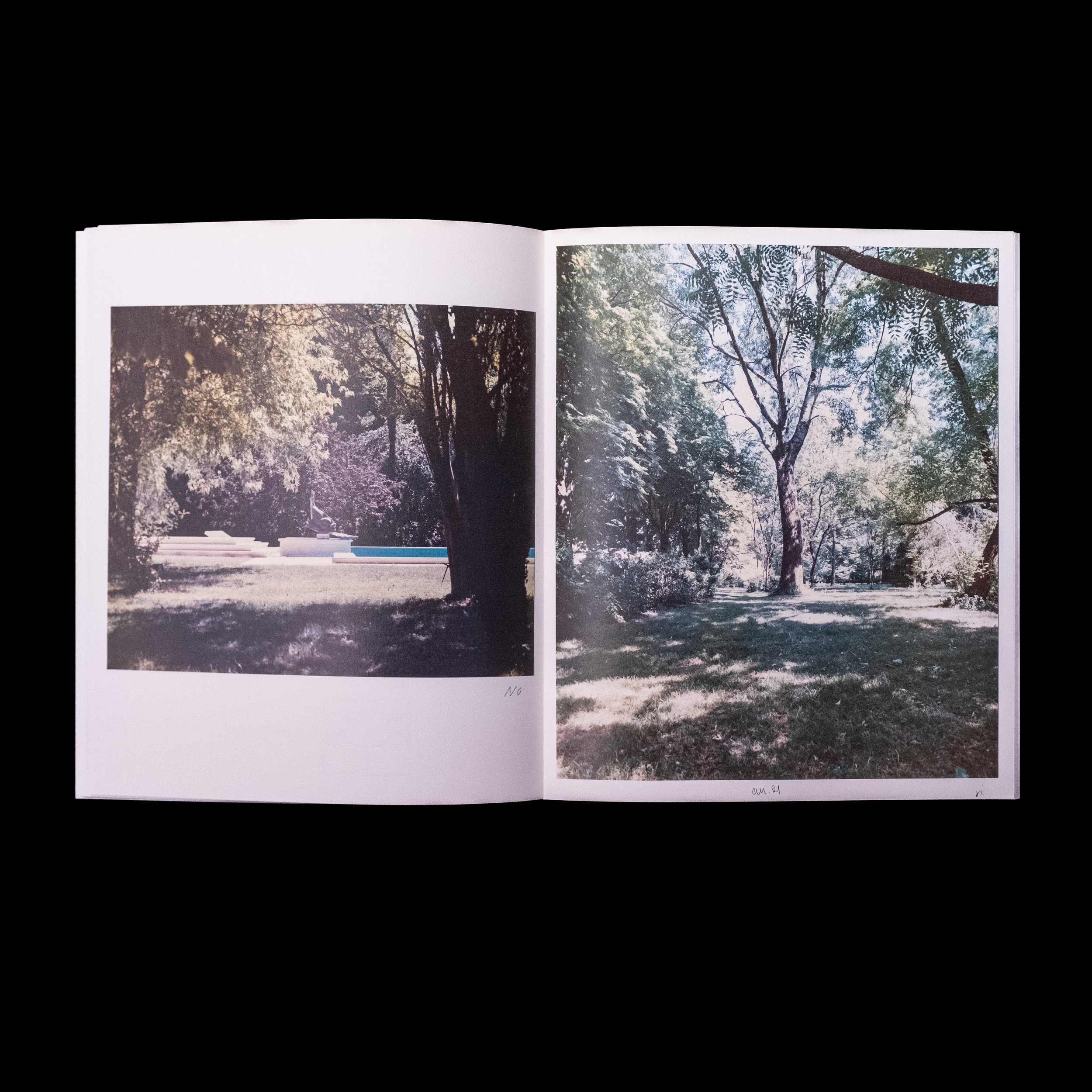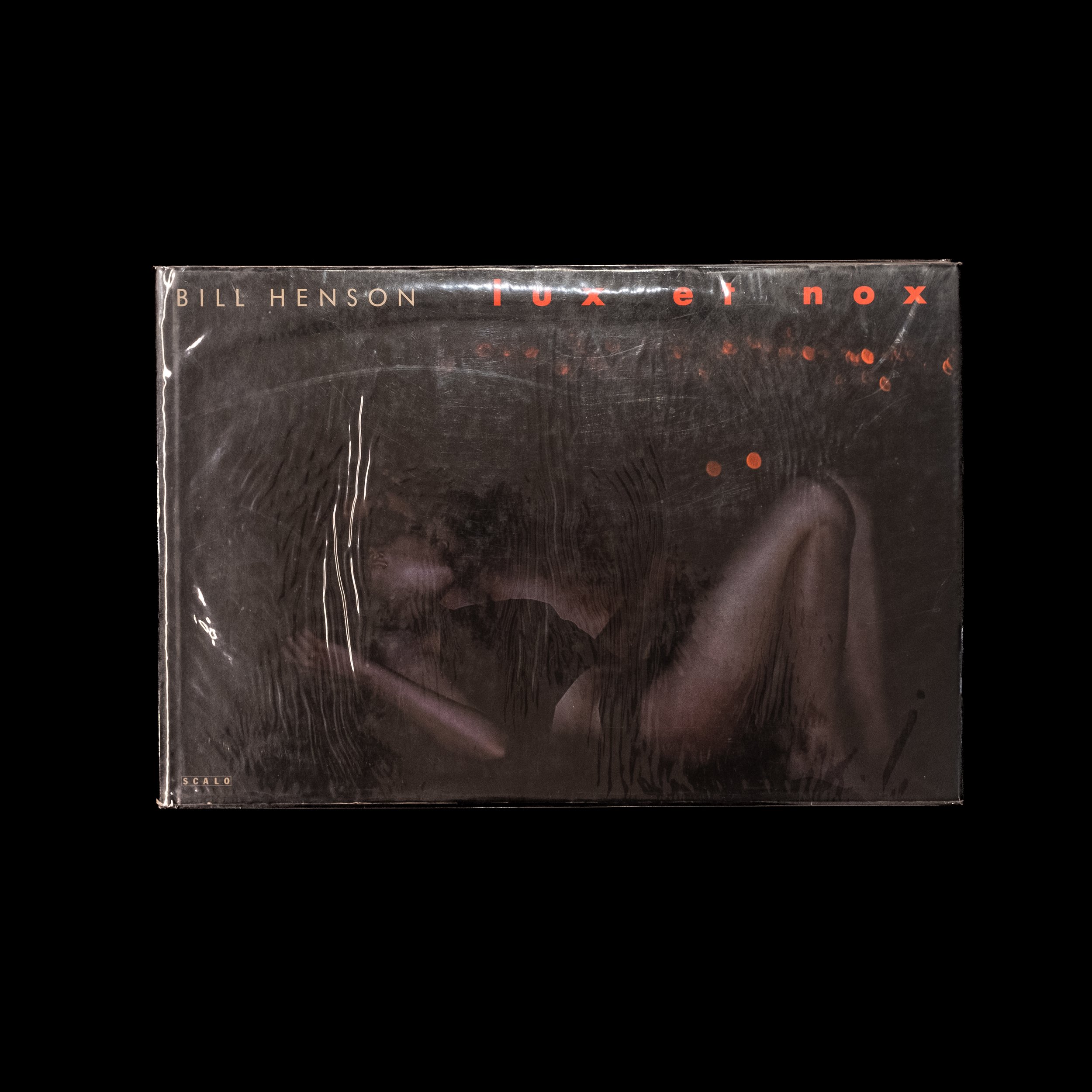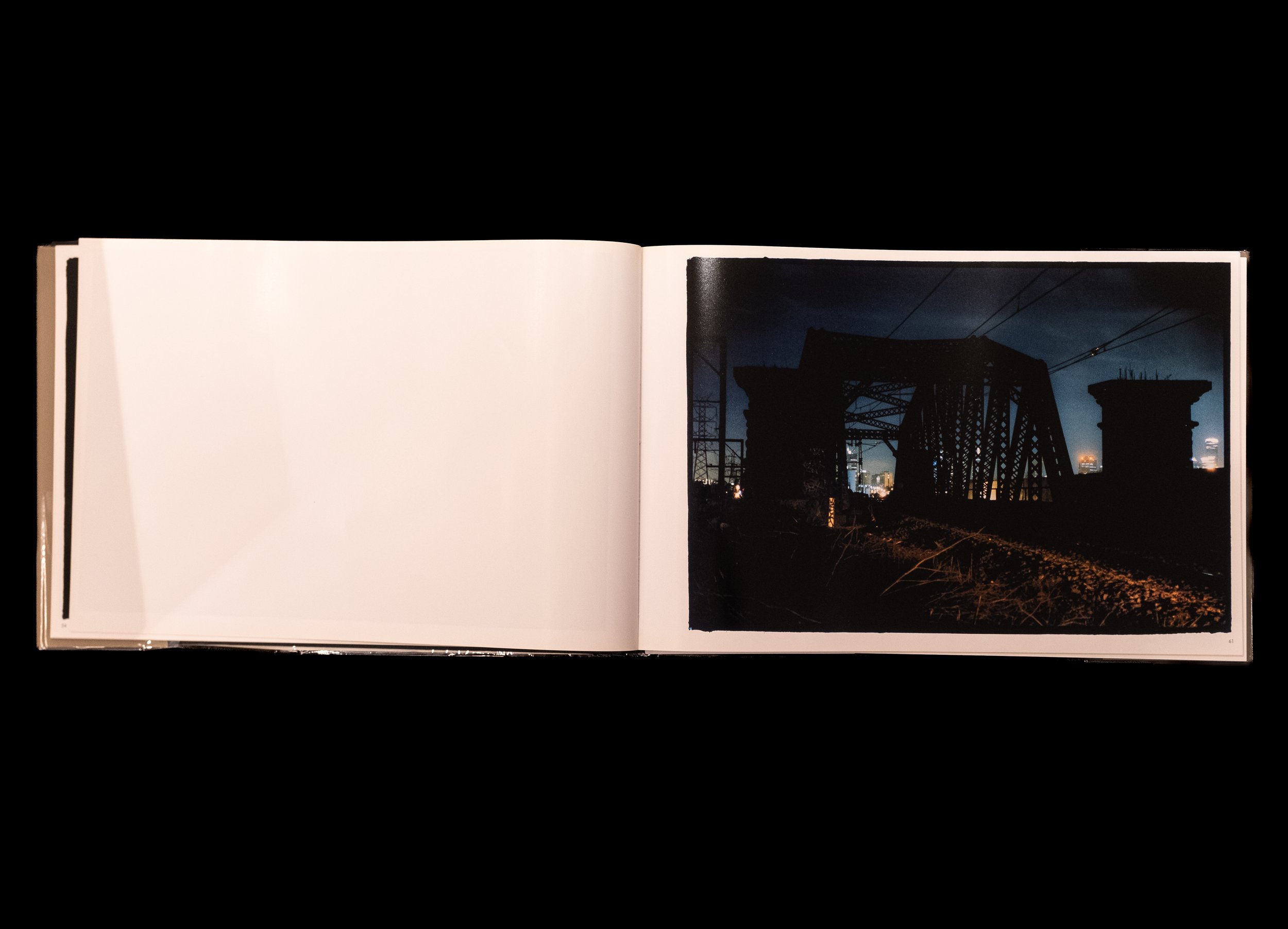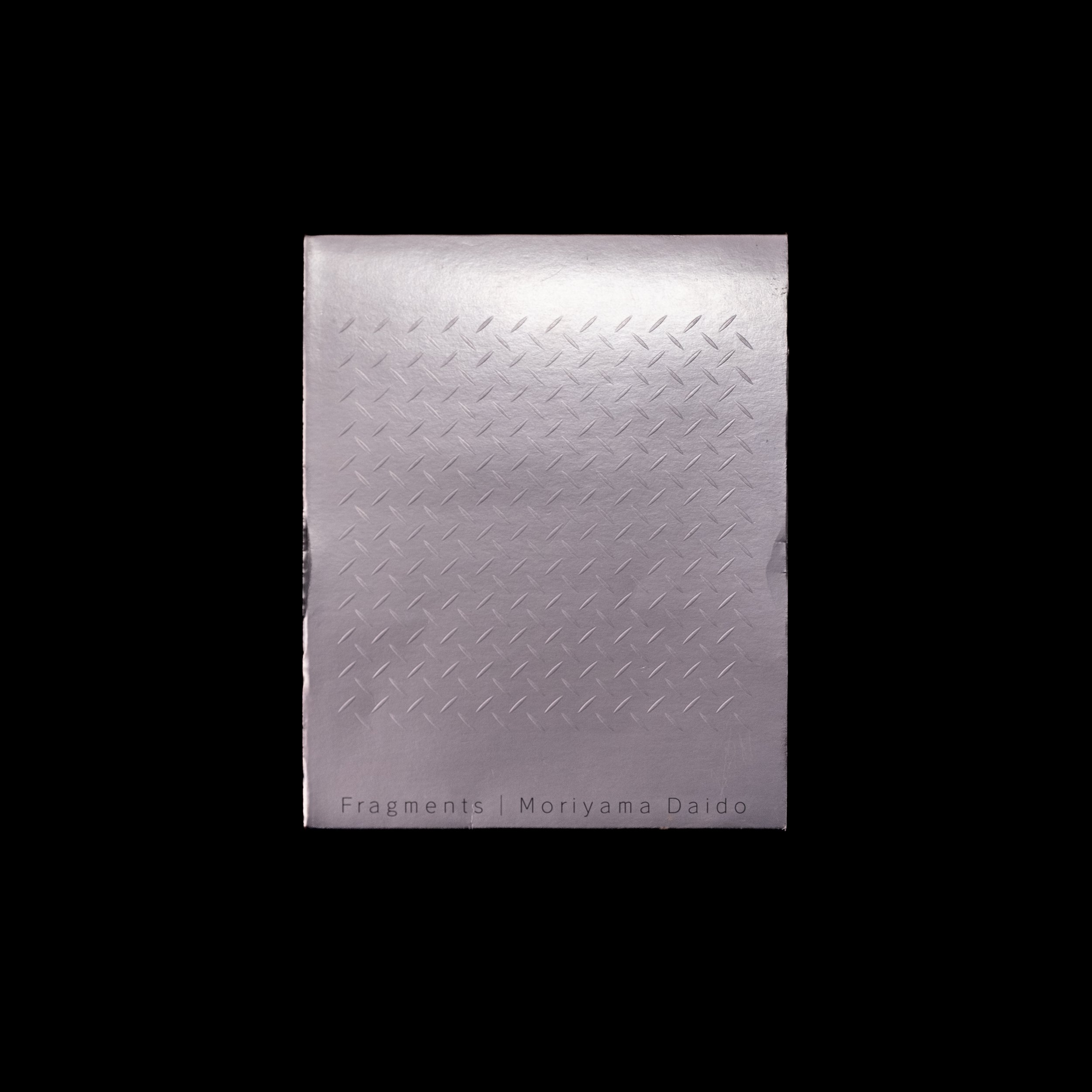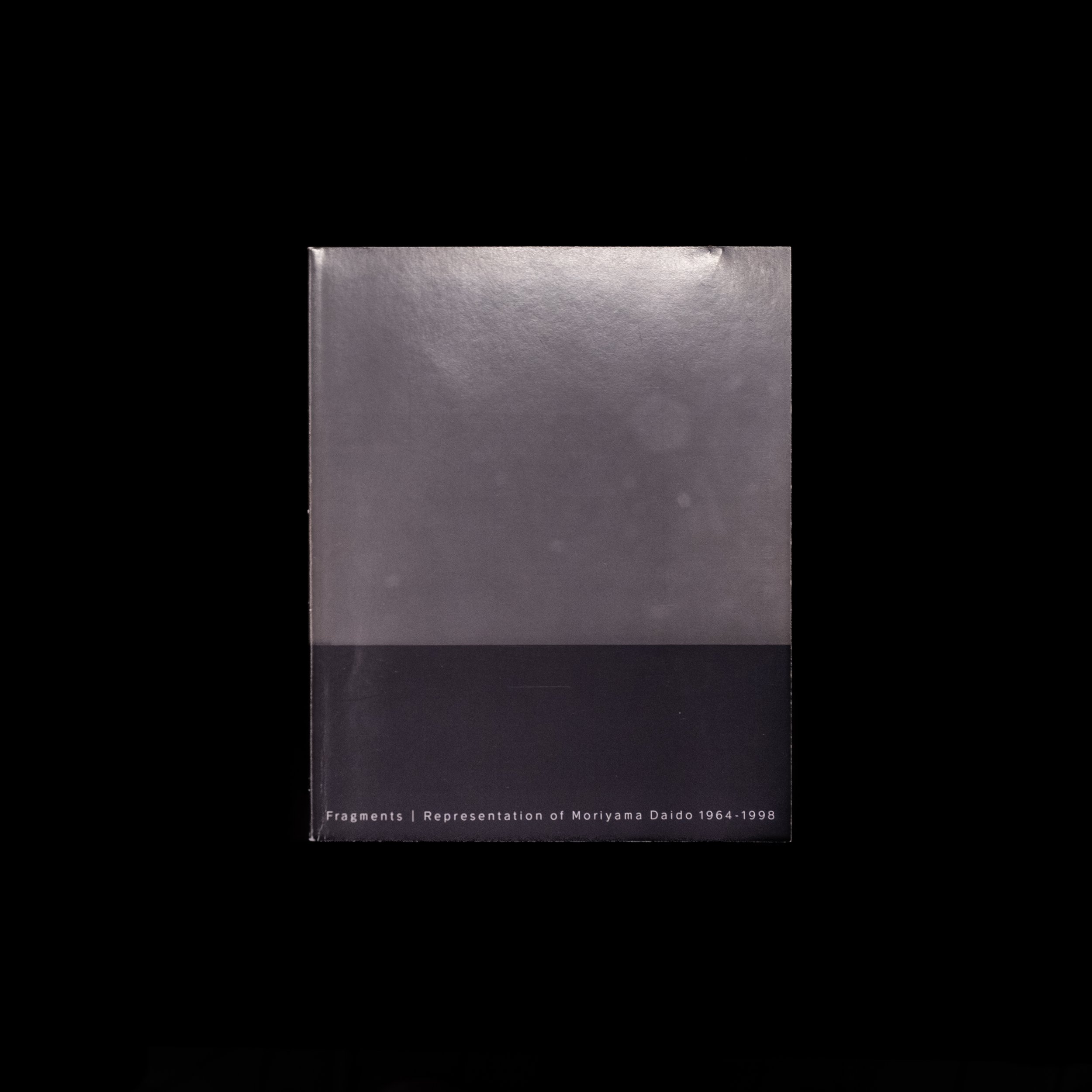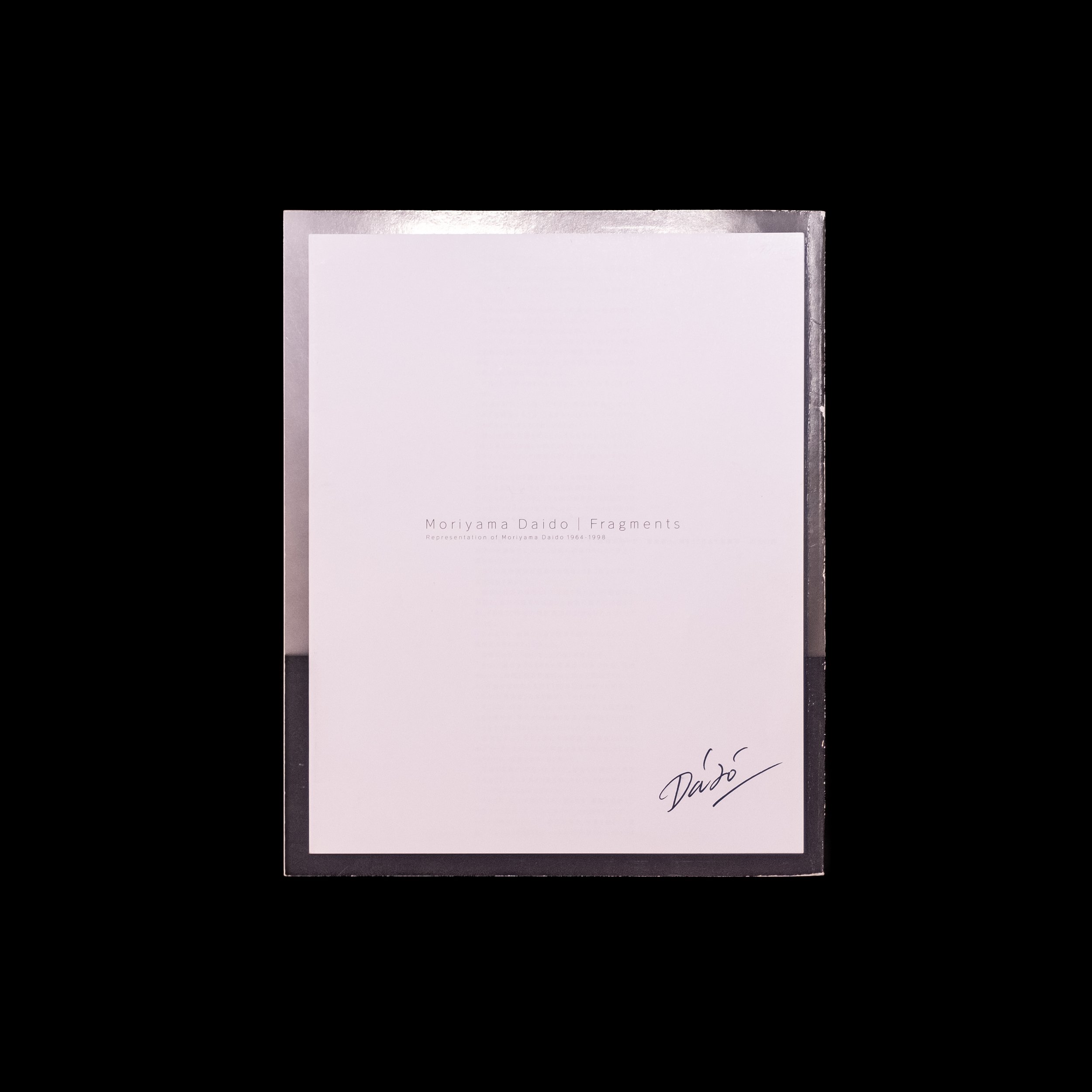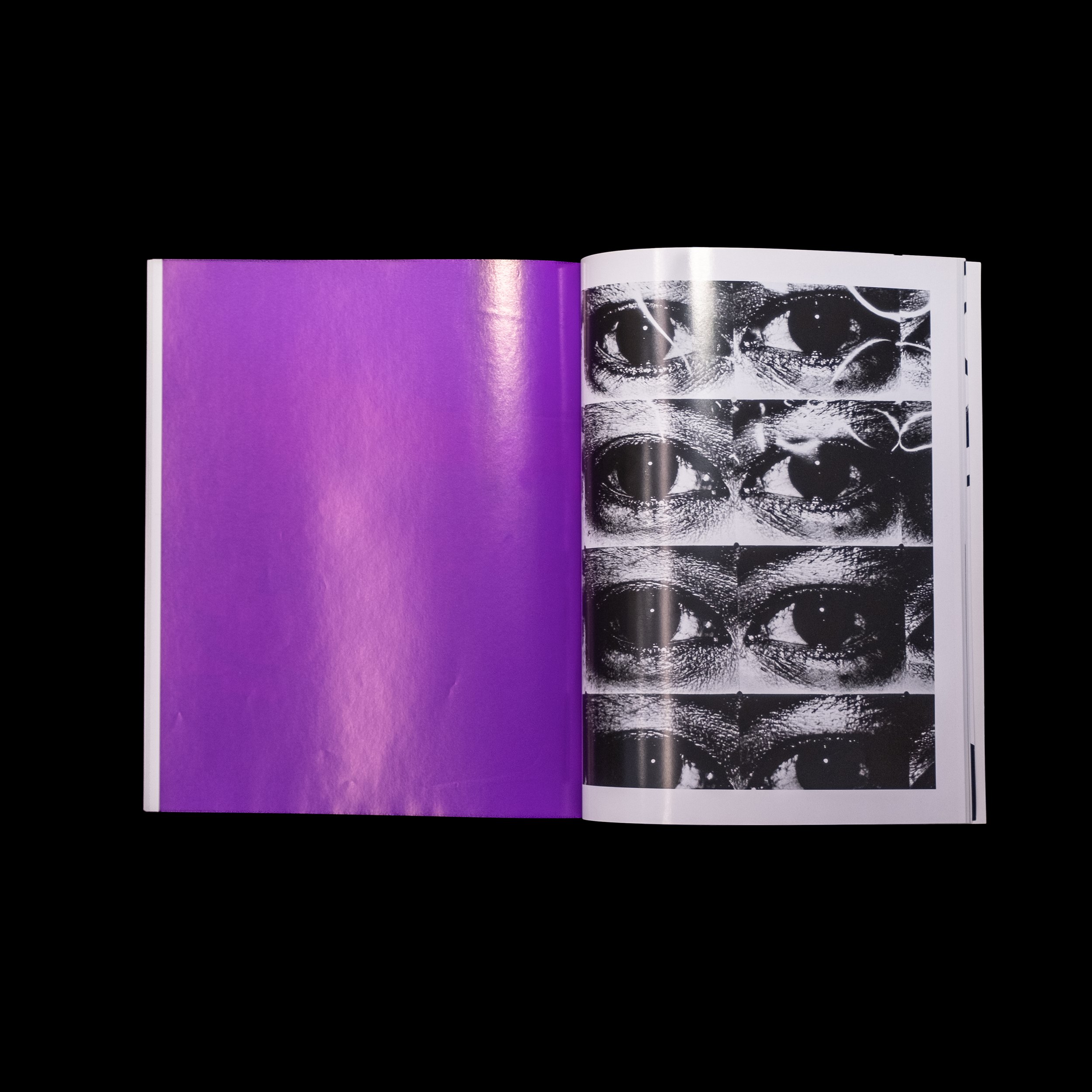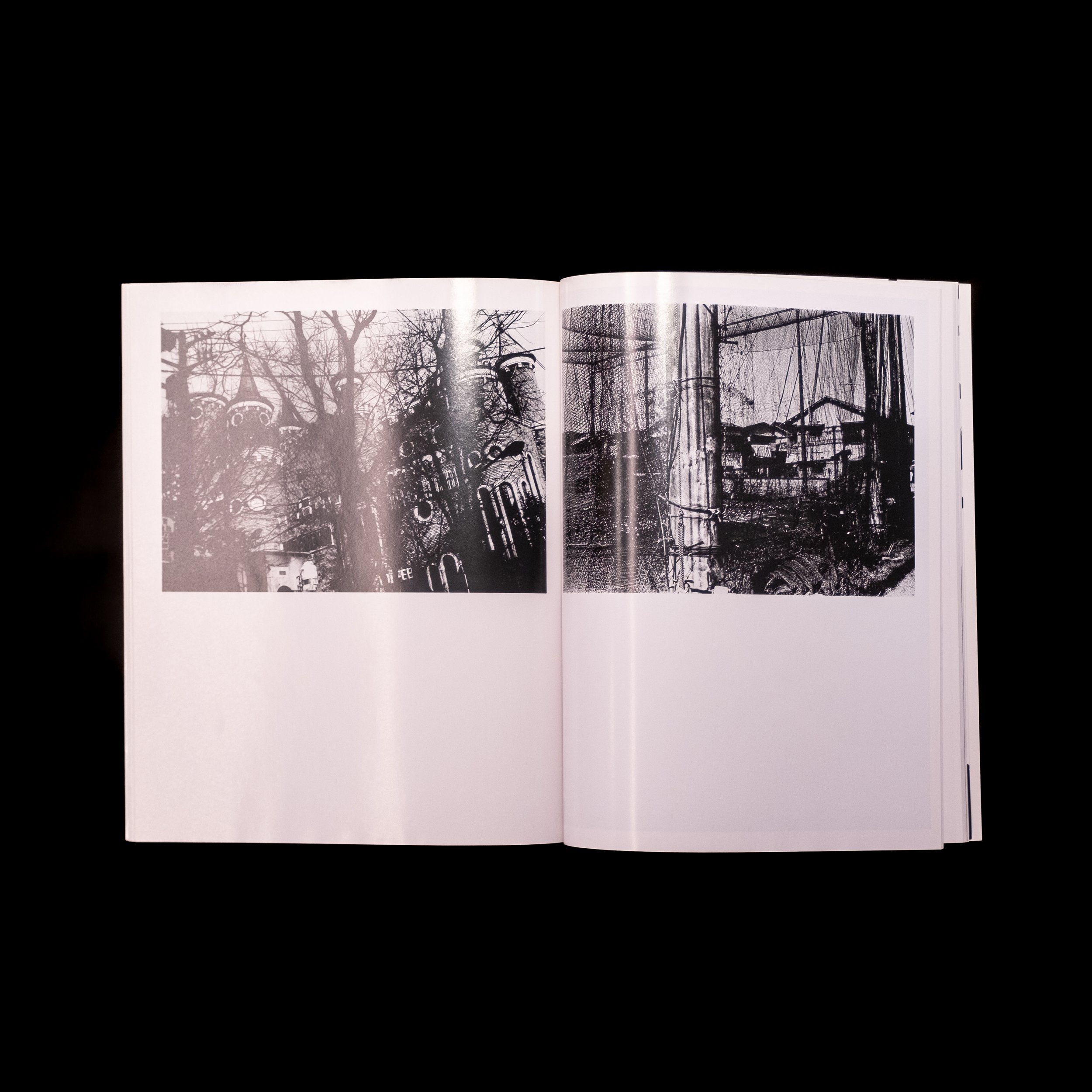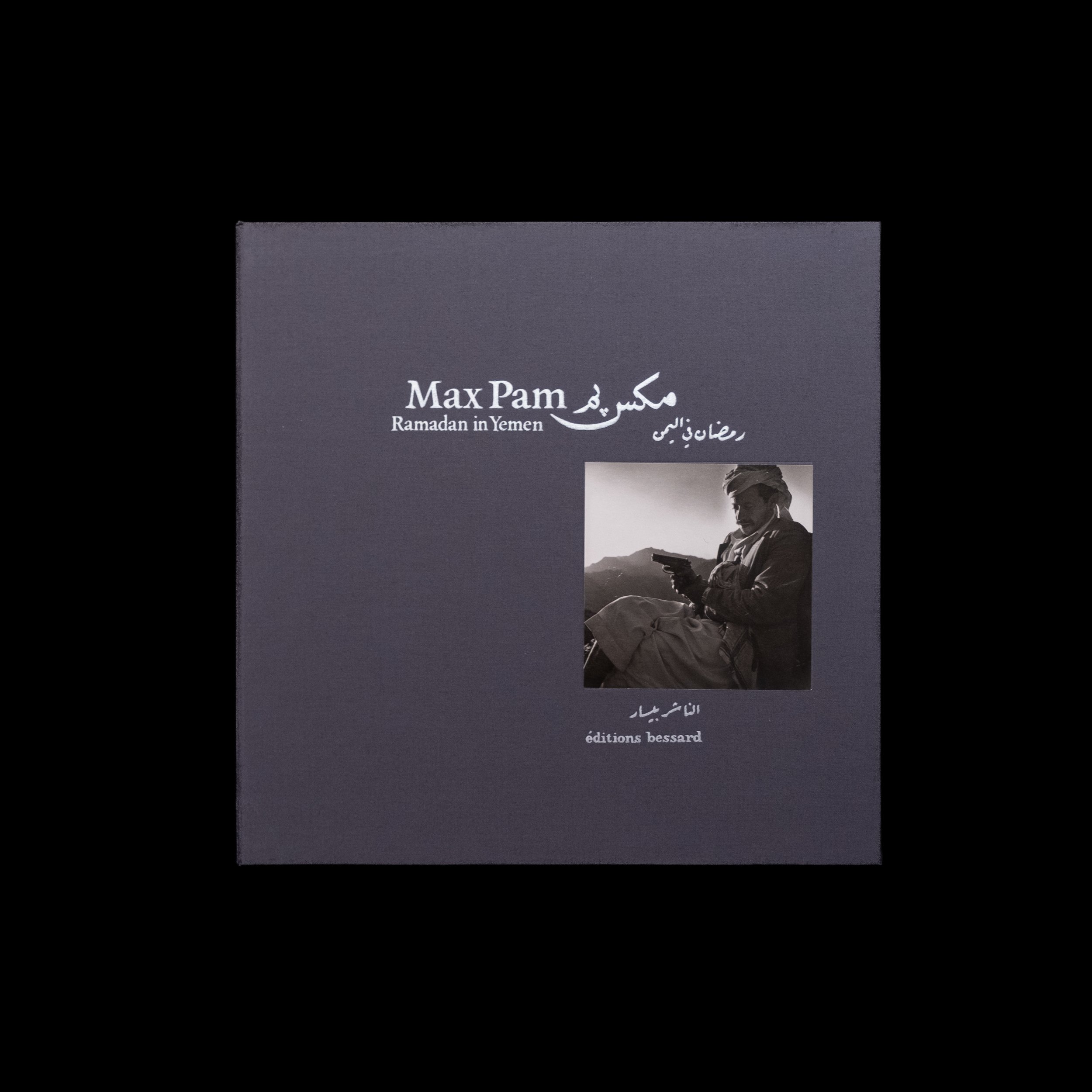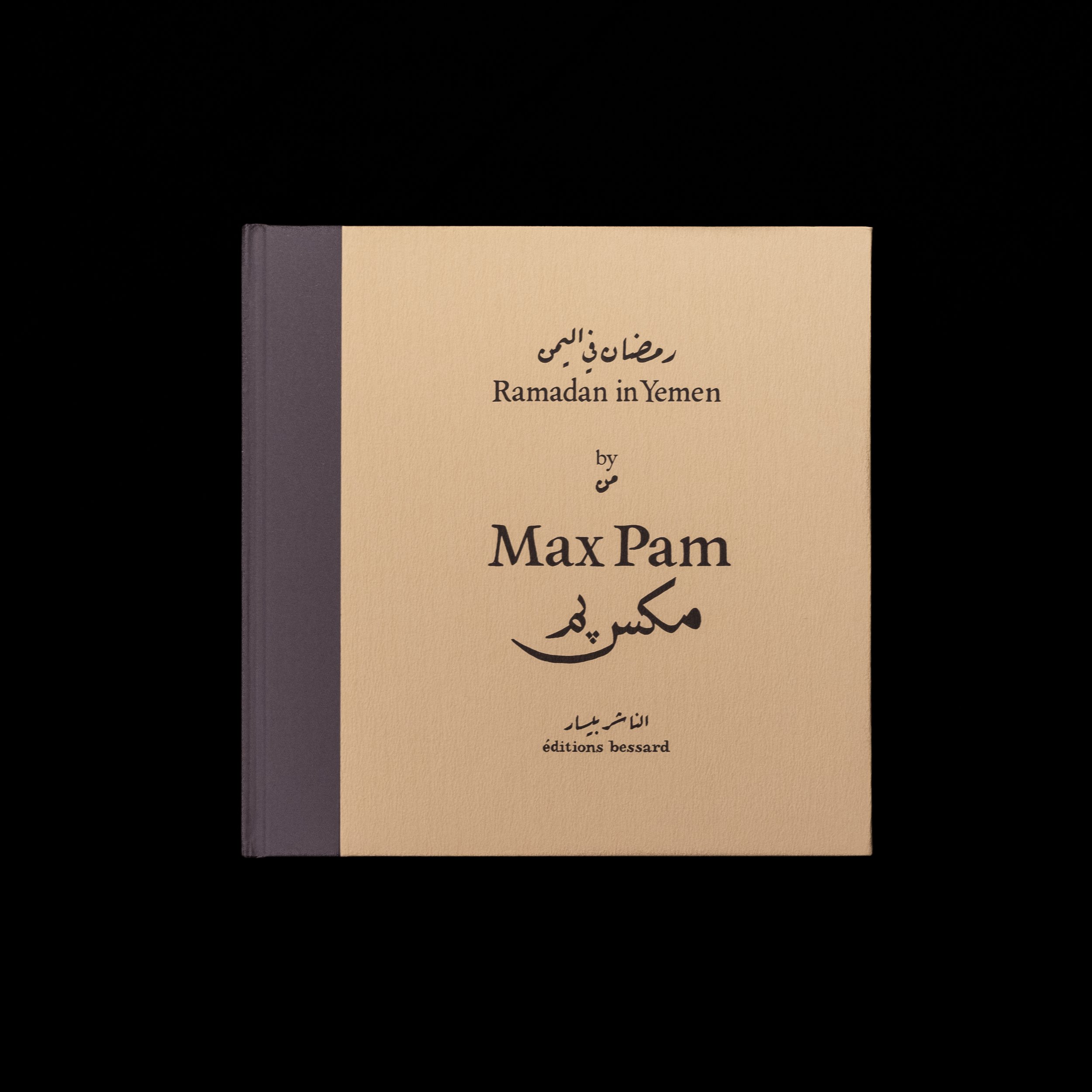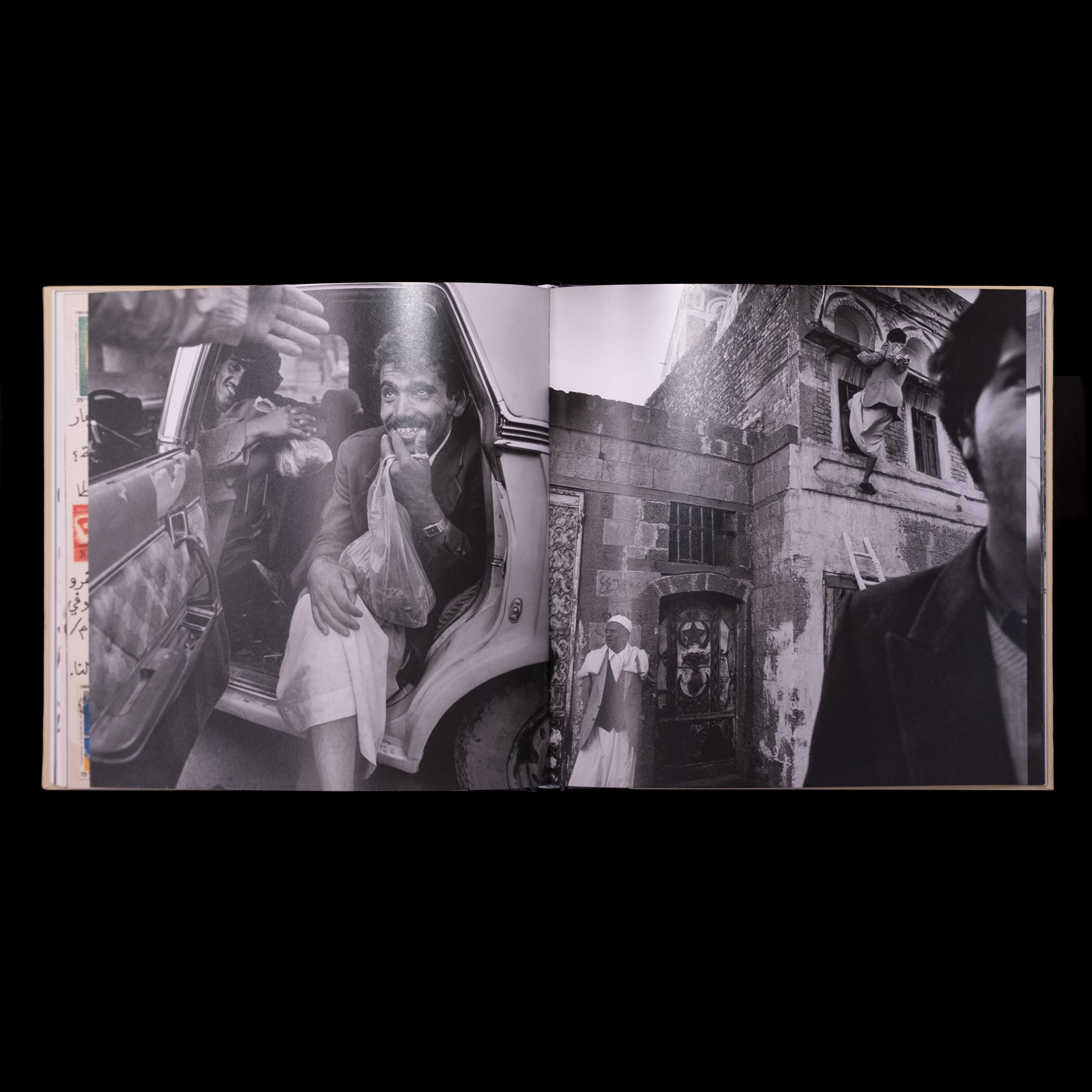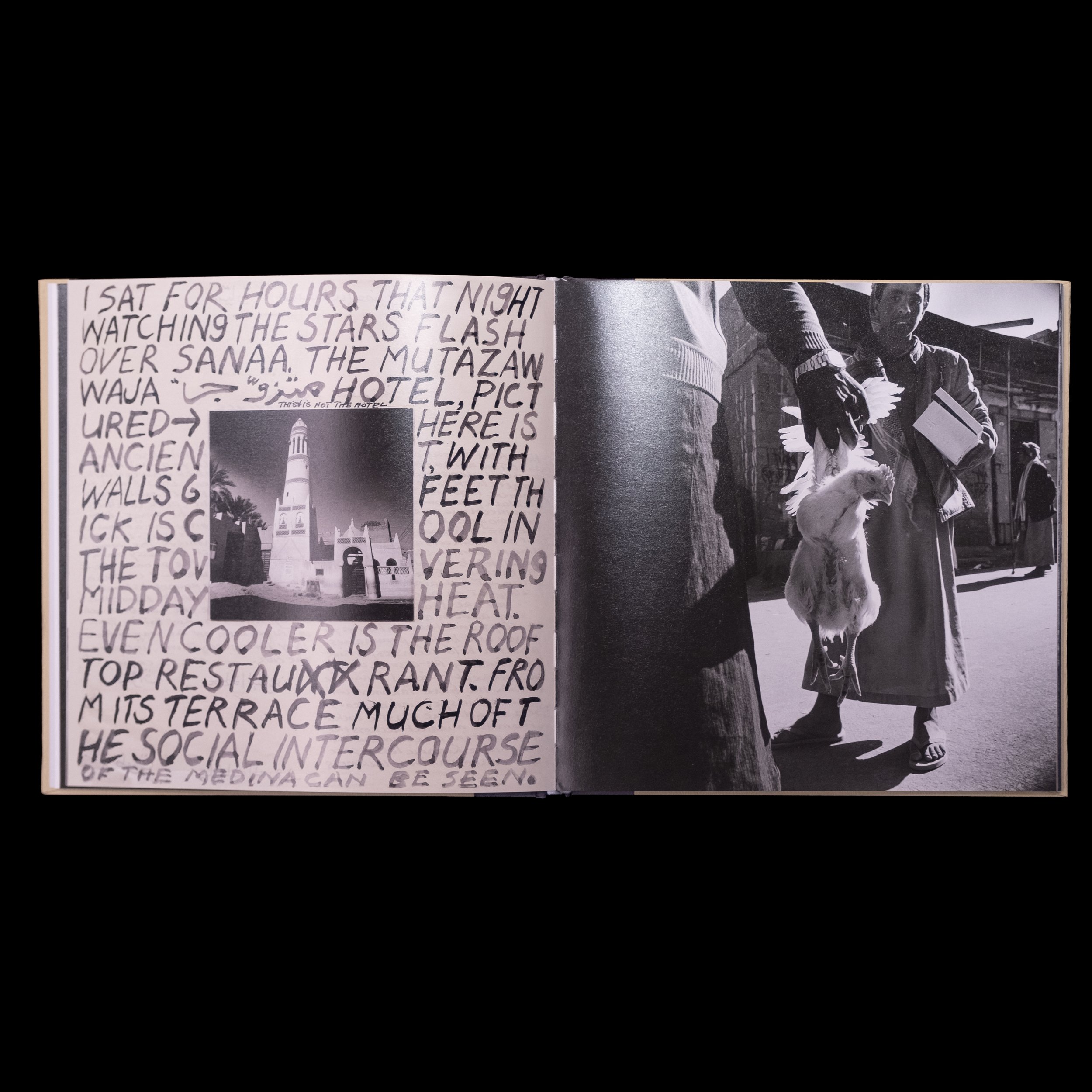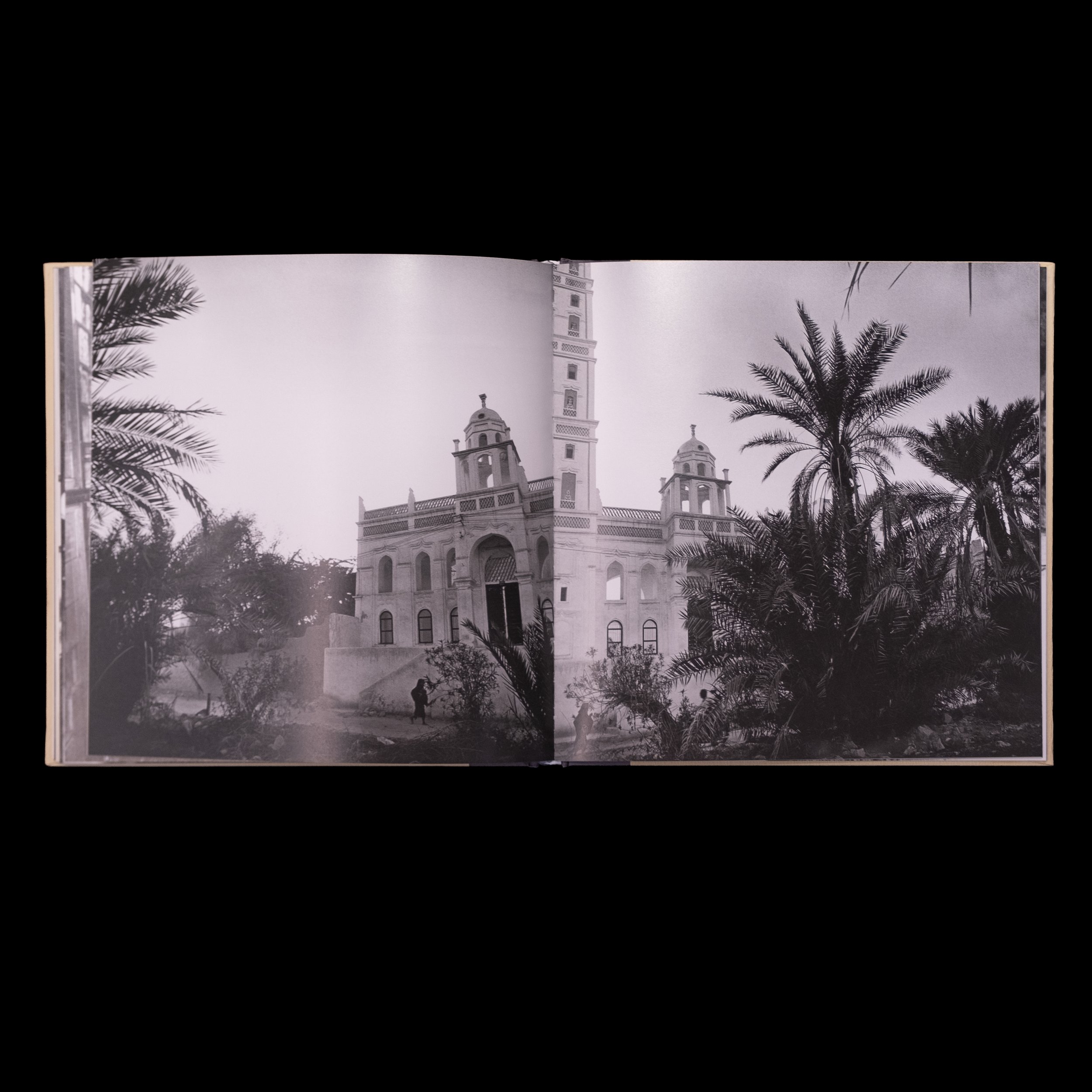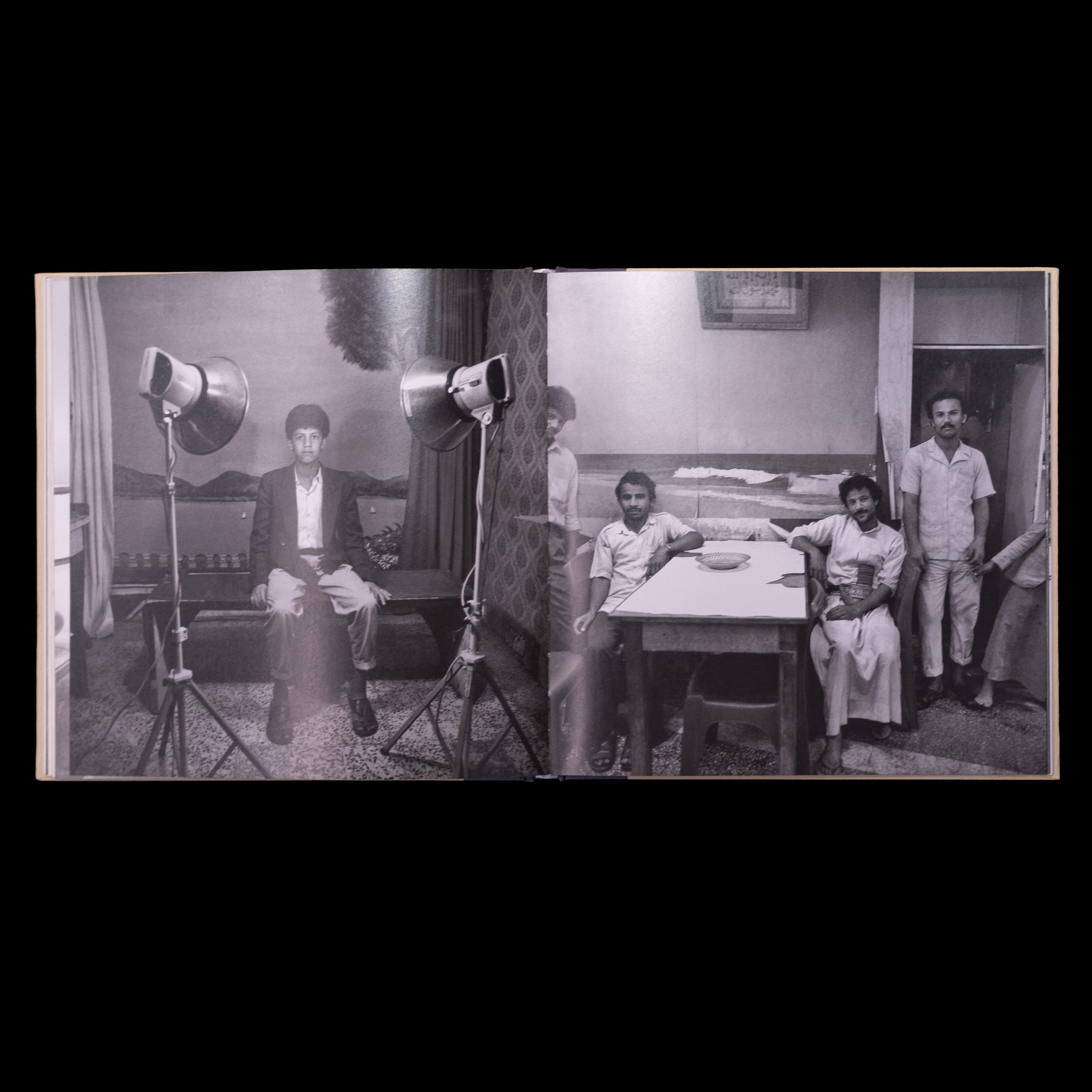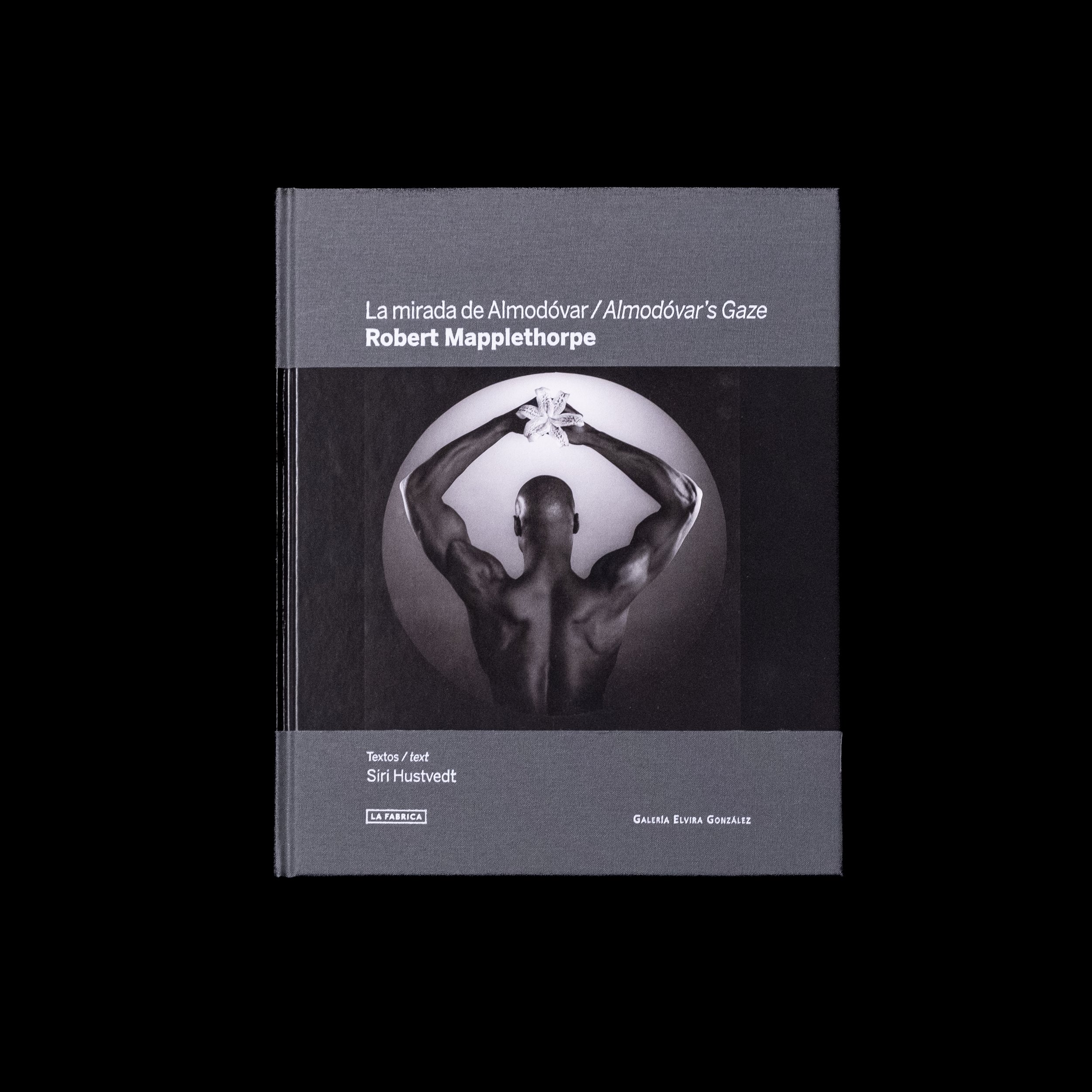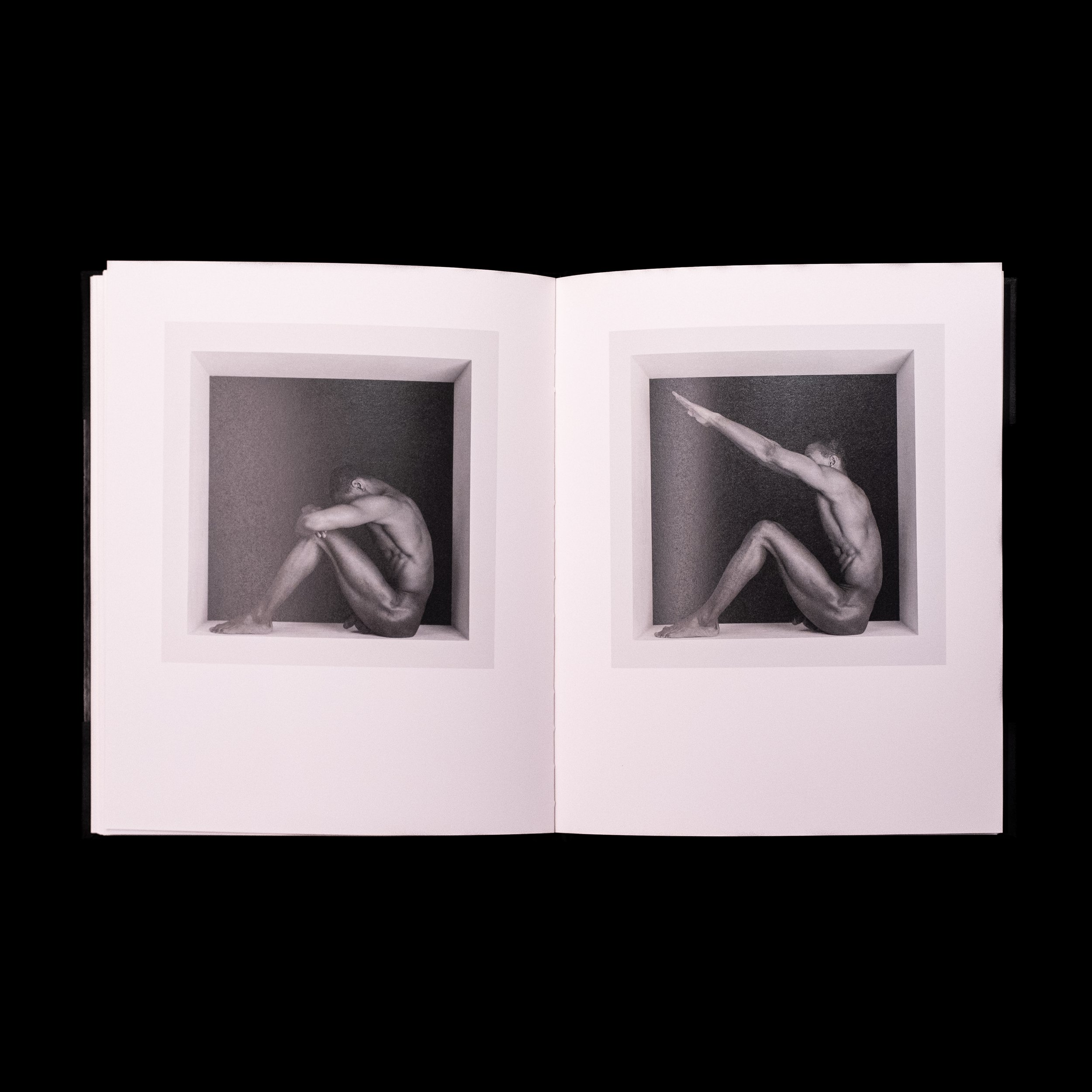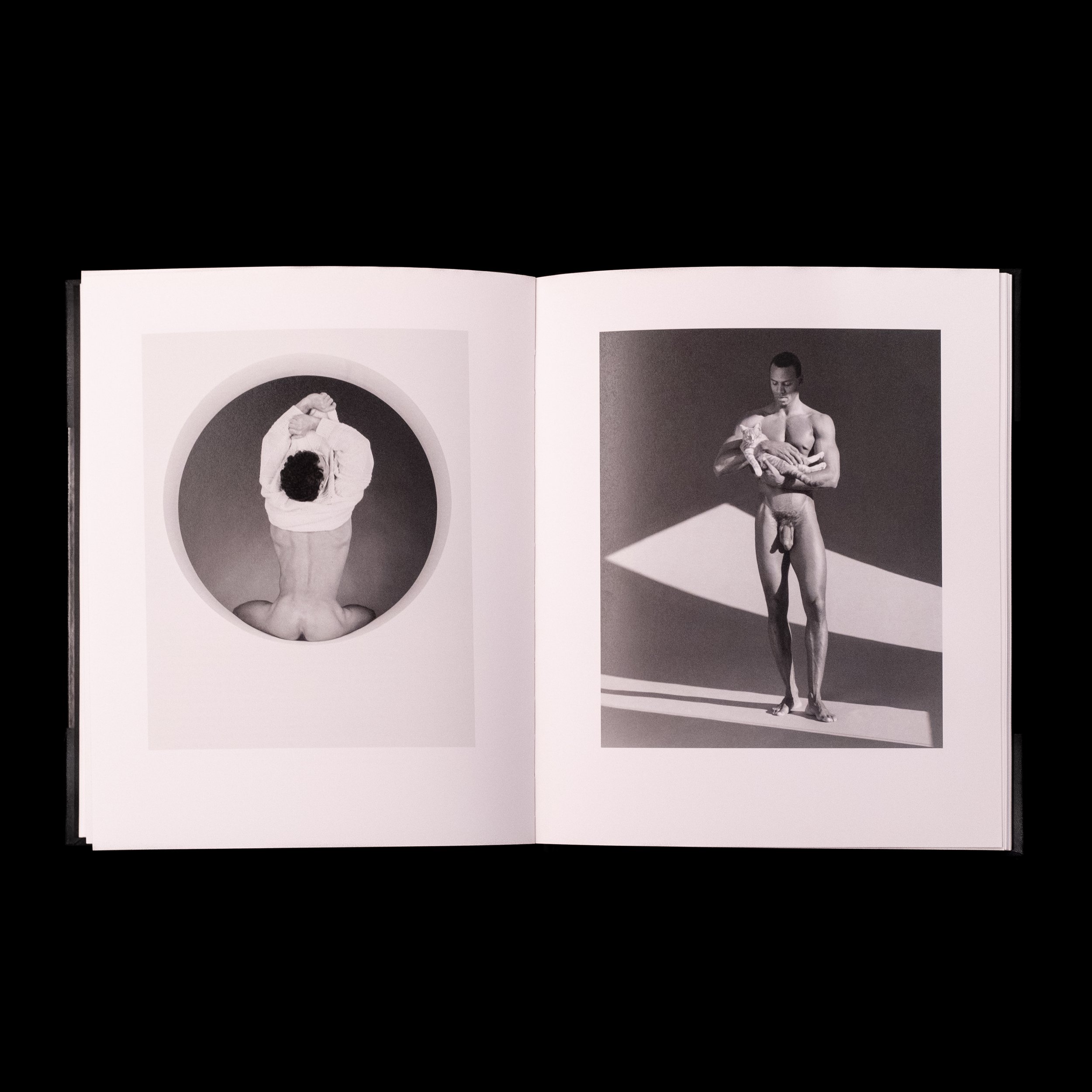 Image 1 sur 8
Image 1 sur 8

 Image 2 sur 8
Image 2 sur 8

 Image 3 sur 8
Image 3 sur 8

 Image 4 sur 8
Image 4 sur 8

 Image 5 sur 8
Image 5 sur 8

 Image 6 sur 8
Image 6 sur 8

 Image 7 sur 8
Image 7 sur 8

 Image 8 sur 8
Image 8 sur 8









Hunting in Time - Ronit Porat
The book Hunting in Time is based on an exhibition trilogy by artist Ronit Porat, displayed in different venues between 2016 and 2018. This body of work revisits a murder that took place in Berlin in January 1931, and made headlines throughout the Weimar Republic: Fritz Ulbrich, a local watchmaker, was murdered in his shop by a sixteen-year-old named Lieschen Neumann, her boyfriend, and another youth. The murder investigation and trial revealed that during the decade preceding the murder Ulbrich had turned the backroom office of his workshop into a pornographic photography studio, where he photographed hundreds of young girls, among them Neumann.
Porat’s artistic practice begins with extensive research in photo archives, collecting images from various sources, merging different taxonomies and periodical readymades with personal autobiographical references. She initially assembles the images in what she refers to as “index sheets,” which subsequently crystallize into the exhibited photographic collages and mural installations. More than recounting the factual elements of the historic case, through the period’s multitude of historic threads and photographic mechanisms, she seeks to trace and outline human behavioral patterns and the emotional passage from victim to perpetrator, in which the photographic gaze plays an imminent role.
The project unfolds the Ulbrich-Neumann story in a fragmentary, non-linear, non-narrative manner. It questions the ability to reconstruct a reliable, formal retelling of the story, instead proposing the archive as a meeting point of collective narratives that can be activated and reinterpreted in multiple ways. By conjuring up collective and personal phantoms, the project strives to recount a multi-faceted tale of desire and violence, as well as the ways in which they are etched in and evoked by our photographic memory.
Text by: Ines Weizman, Graphic Design: Inedition, Eva van der Schans.
Distributed by Idea Books, Edited by Sternthal Books.
The book Hunting in Time is based on an exhibition trilogy by artist Ronit Porat, displayed in different venues between 2016 and 2018. This body of work revisits a murder that took place in Berlin in January 1931, and made headlines throughout the Weimar Republic: Fritz Ulbrich, a local watchmaker, was murdered in his shop by a sixteen-year-old named Lieschen Neumann, her boyfriend, and another youth. The murder investigation and trial revealed that during the decade preceding the murder Ulbrich had turned the backroom office of his workshop into a pornographic photography studio, where he photographed hundreds of young girls, among them Neumann.
Porat’s artistic practice begins with extensive research in photo archives, collecting images from various sources, merging different taxonomies and periodical readymades with personal autobiographical references. She initially assembles the images in what she refers to as “index sheets,” which subsequently crystallize into the exhibited photographic collages and mural installations. More than recounting the factual elements of the historic case, through the period’s multitude of historic threads and photographic mechanisms, she seeks to trace and outline human behavioral patterns and the emotional passage from victim to perpetrator, in which the photographic gaze plays an imminent role.
The project unfolds the Ulbrich-Neumann story in a fragmentary, non-linear, non-narrative manner. It questions the ability to reconstruct a reliable, formal retelling of the story, instead proposing the archive as a meeting point of collective narratives that can be activated and reinterpreted in multiple ways. By conjuring up collective and personal phantoms, the project strives to recount a multi-faceted tale of desire and violence, as well as the ways in which they are etched in and evoked by our photographic memory.
Text by: Ines Weizman, Graphic Design: Inedition, Eva van der Schans.
Distributed by Idea Books, Edited by Sternthal Books.

